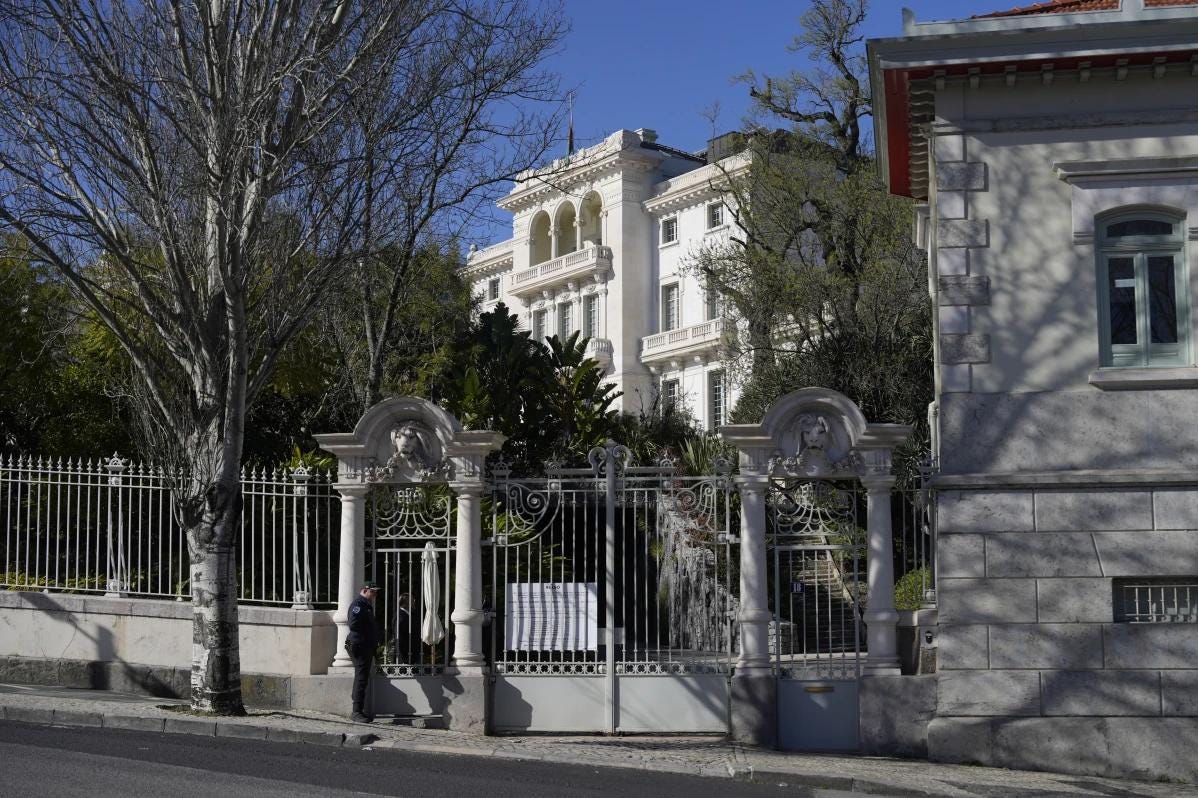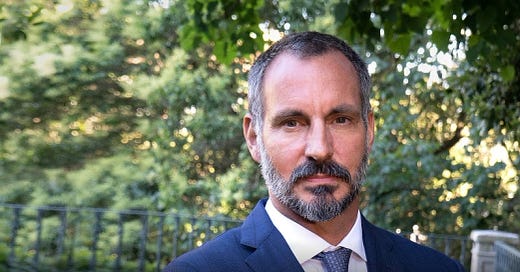Prince Rahim Al-Hussaini Succeeds his Father as Aga Khan V
Prince Rahim Al-Hussaini Aga Khan V was officially designated as the 50th hereditary Imam of the Shia Ismaili Muslims on February 5, 2025, following the passing of his father, Prince Karim Aga Khan IV. The transition was formalized through the unsealing of his father’s will, continuing an unbroken 1,400-year tradition of hereditary leadership.
A Legacy of Spiritual Succession
Heritage and Lineage
Prince Rahim Al-Hussaini traces his ancestry directly to Prophet Muhammad (Peace Be Upon Him) through Hazrat Ali, the first Shia Imam, and Hazrat Bibi Fatima, the Prophet’s daughter. This lineage has been central to the continuity of the Ismaili Imamat, a role that intertwines spiritual guidance with global development initiatives. His appointment upholds a centuries-old tradition of leadership that has evolved to meet contemporary challenges.
The Global Ismaili Community
With an estimated 12–15 million followers across more than 35 countries, the Ismaili Muslim community represents a diverse yet cohesive group spread across South Asia, Central Asia, the Middle East, Africa, Europe, and North America. The Imamat has historically emphasized education, economic empowerment, and social justice, positioning the community as a progressive force within the Muslim world.

Prince Rahim's Background and Vision
Education and Early Life
Born on October 12, 1971, in Geneva, Prince Rahim is the eldest son of Aga Khan IV and Princess Salimah. He pursued higher education at Brown University, graduating with a degree in Comparative Literature in 1995. His academic journey was later complemented by executive training at the IESE Business School in Spain.
Contributions Before Imamat
Before assuming the role of Imam, Prince Rahim played a key leadership role in the Aga Khan Development Network (AKDN), one of the world's largest private development organizations. He chaired its Environment and Climate Committee, reflecting his commitment to sustainability and long-term economic strategies. His work spanned multiple domains, including education, healthcare, poverty alleviation, and infrastructure development.
Duties and Responsibilities as the Imam
Spiritual and Ethical Guidance
As the Imam, Prince Rahim is responsible for interpreting the Ismaili faith in contemporary contexts, providing ethical and moral guidance to his followers. His leadership is expected to uphold the Ismaili tradition of balancing spiritual beliefs with pragmatic, modernist approaches to governance and development.
Development and Philanthropy
The Aga Khan Development Network, which operates in over 30 countries, remains a cornerstone of the Ismaili Imamat. Through its diverse programs in education, healthcare, and economic development, the network continues to address global challenges such as climate change, poverty, and social equity. The funding for these initiatives comes partially from voluntary contributions by Ismaili followers, who traditionally contribute up to 12.5% of their income to community welfare.

A Historical Moment for the Ismaili Imamat
Comparisons with Aga Khan IV
The transition mirrors that of his father, who assumed leadership in 1957 at the young age of 20. Like his predecessor, Prince Rahim is expected to uphold the tradition of progressive leadership while adapting to contemporary global challenges. His father’s tenure saw significant contributions in education and interfaith dialogue, a legacy that the new Imam is likely to build upon.
Future Prospects
Under Prince Rahim’s leadership, the Ismaili community is expected to further its engagement with global issues, from economic inequality to environmental sustainability. His prior involvement in the AKDN suggests a focus on climate-conscious development and technological advancement, positioning the community as a key player in humanitarian and philanthropic efforts worldwide.
Summing Up
The ascension of Prince Rahim Al-Hussaini Aga Khan V marks the beginning of a new chapter for the Ismaili Muslim community. While continuing a 1,400-year-old tradition of hereditary succession, he brings a modern vision to the role, emphasizing sustainability, education, and global humanitarianism. His leadership is expected to not only preserve the spiritual foundations of the Ismaili faith but also extend its influence in addressing the pressing challenges of the 21st century.
The End of an Era: Aga Khan IV’s Legacy of Faith, Philanthropy, and Development
A Life of Leadership and Service






I am an ismaili and I am pleasantly surprised that you write about Prince Karim and Prince Rahim so eloquently. It is very beautifully written.